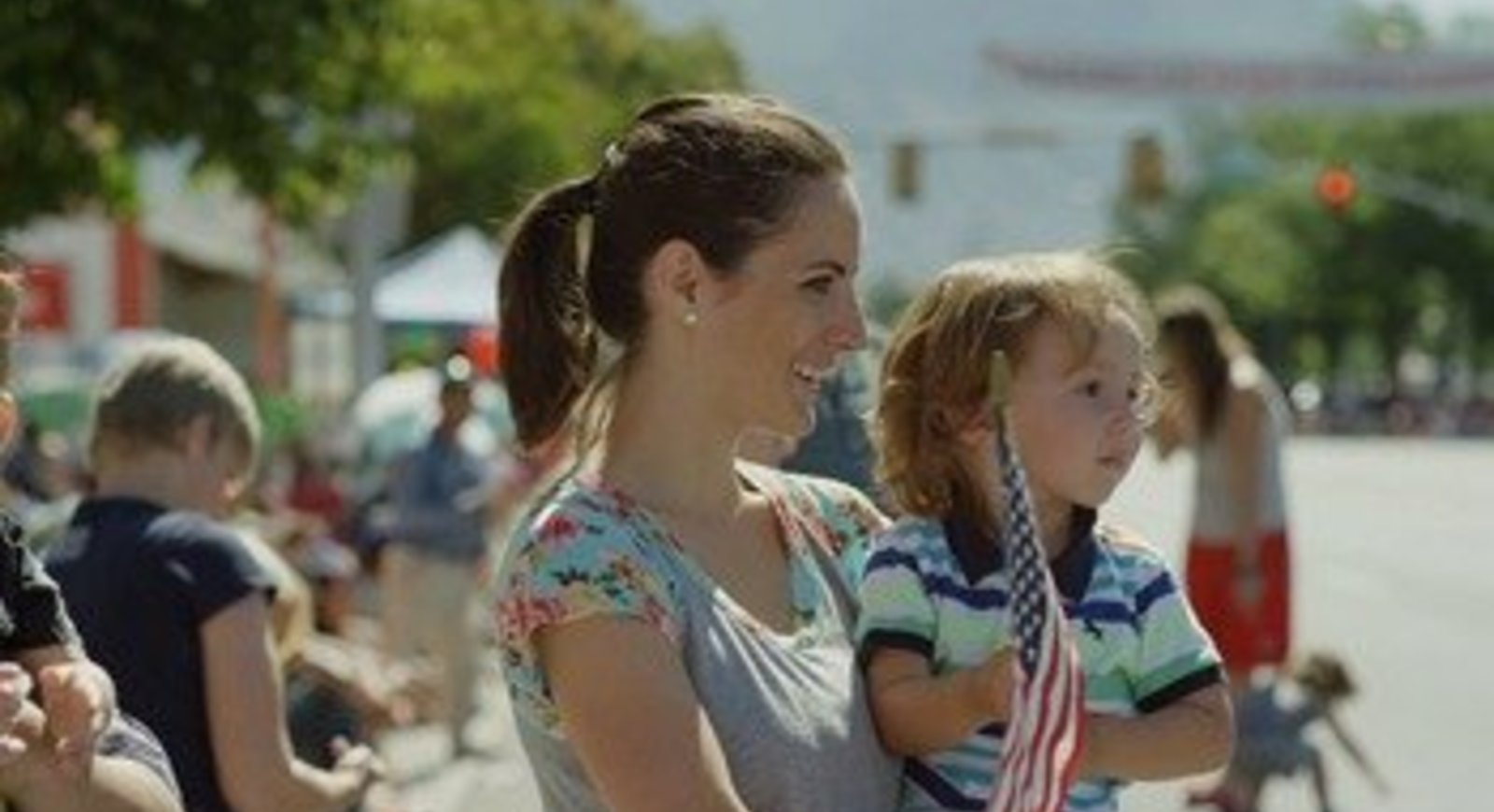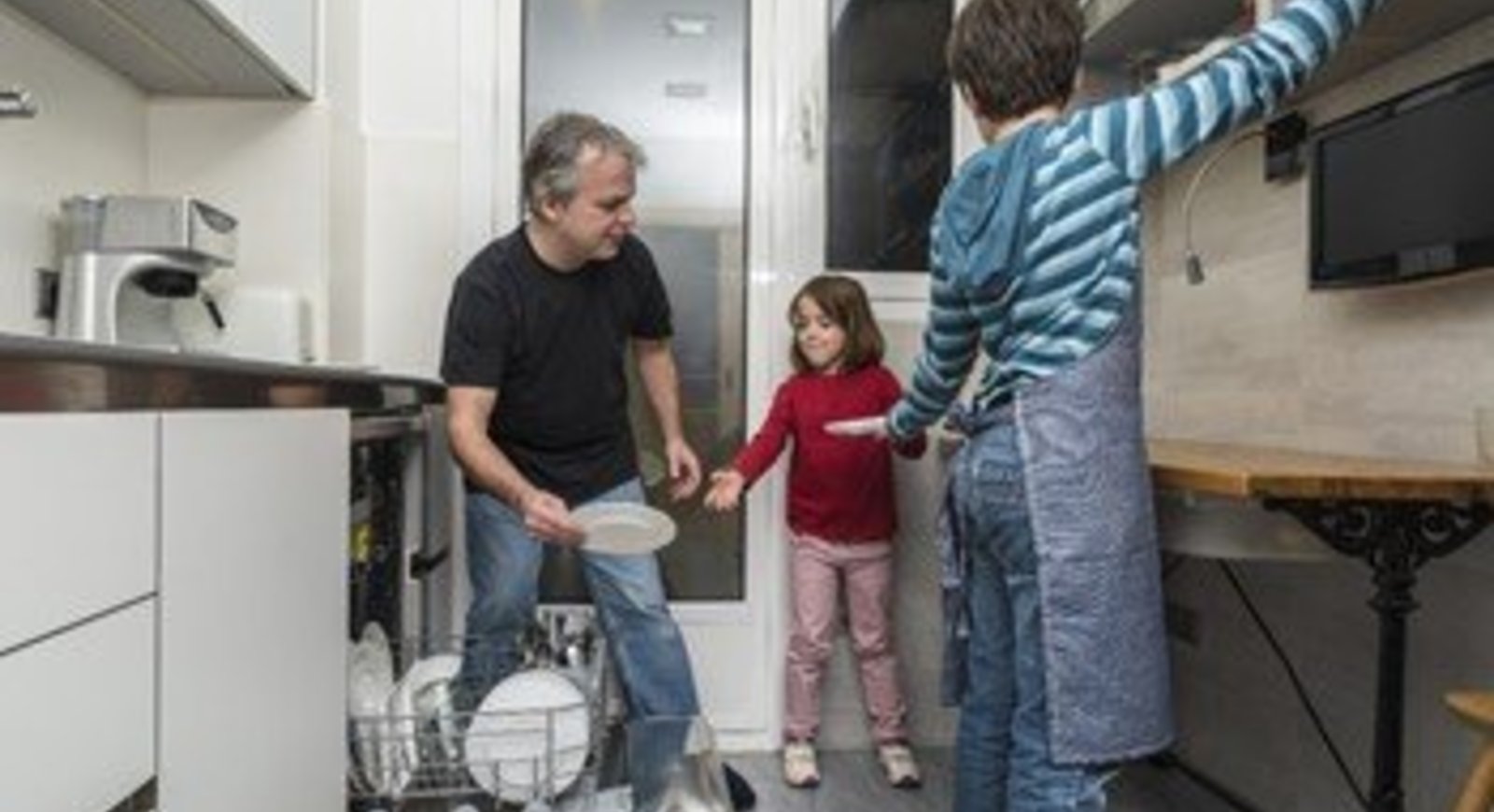 I don’t think I will ever be able to put into words how grateful I am that you saw my daughter for all that she is today and all that she is yet to become.
I don’t think I will ever be able to put into words how grateful I am that you saw my daughter for all that she is today and all that she is yet to become. 
Tammie Sommer
Now enrolling!
Apply today for the 2025-26 and 2026-27 school years!
Apply today for the 2025-26 and 2026-27 school years!
Apply today for the 2025-26 and 2026-27 school years!
Apply today for the 2025-26 and 2026-27 school years!
Apply today for the 2025-26 and 2026-27 school years!
Apply today for the 2025-26 and 2026-27 school years!
Apply today for the 2025-26 and 2026-27 school years!
Apply today for the 2025-26 and 2026-27 school years!
Apply today for the 2025-26 and 2026-27 school years!
Apply today for the 2025-26 and 2026-27 school years!
Apply today for the 2025-26 and 2026-27 school years!
Apply today for the 2025-26 and 2026-27 school years!
Apply today for the 2025-26 and 2026-27 school years!
Apply today for the 2025-26 and 2026-27 school years!
Apply today for the 2025-26 and 2026-27 school years!
Apply today for the 2025-26 and 2026-27 school years!
Apply today for the 2025-26 and 2026-27 school years!
Apply today for the 2025-26 and 2026-27 school years!
Apply today for the 2025-26 and 2026-27 school years!
Apply today for the 2025-26 and 2026-27 school years!
Apply today for the 2025-26 and 2026-27 school years!
Apply today for the 2025-26 and 2026-27 school years!
Apply today for the 2025-26 and 2026-27 school years!
Apply today for the 2025-26 and 2026-27 school years!
Apply today for the 2025-26 and 2026-27 school years!
Apply today for the 2025-26 and 2026-27 school years!
Apply today for the 2025-26 and 2026-27 school years!
Apply today for the 2025-26 and 2026-27 school years!
Apply today for the 2025-26 and 2026-27 school years!
Apply today for the 2025-26 and 2026-27 school years!
Apply today for the 2025-26 and 2026-27 school years!
Apply today for the 2025-26 and 2026-27 school years!
Apply today for the 2025-26 and 2026-27 school years!
Apply today for the 2025-26 and 2026-27 school years!
Apply today for the 2025-26 and 2026-27 school years!
Apply today for the 2025-26 and 2026-27 school years!
Apply today for the 2025-26 and 2026-27 school years!
Apply today for the 2025-26 and 2026-27 school years!
Apply today for the 2025-26 and 2026-27 school years!
Apply today for the 2025-26 and 2026-27 school years!
Apply today for the 2025-26 and 2026-27 school years!
Apply today for the 2025-26 and 2026-27 school years!
Apply today for the 2025-26 and 2026-27 school years!
Apply today for the 2025-26 and 2026-27 school years!
Apply today for the 2025-26 and 2026-27 school years!
Apply today for the 2025-26 and 2026-27 school years!
Apply today for the 2025-26 and 2026-27 school years!
Apply today for the 2025-26 and 2026-27 school years!
Apply today for the 2025-26 and 2026-27 school years!
Apply today for the 2025-26 and 2026-27 school years!
Campuses
Welcome to Julie Billiart Schools, a family of K-8 coeducational, catholic schools for children with learning and social differences.
OverviewInterested in Enrollment?
Take the Next Step
Thursday, April 15, 2021

Every April, people don blue t-shirts and cling puzzle piece logos to their windshields to honor Autism Awareness Month. Started by the Autism Society in 1970, the goal was to educate people about autism. And as society has evolved, so has the appropriateness of that goal. Specifically with regard to a simple question: is awareness enough?
In 2011 Autism Awareness Month was rebranded by Paula Durbin Westby, an autistic disability rights activist who sought to shift the thinking from simply acknowledging people with autism to advocating for their rights, autonomy, and acceptance. By renaming the occasion “Autism Acceptance Month”, the goal has shifted from simple attention toward definite action, all of which has been led by those in the Autism advocacy community and supported by the likes of educators, administrators, parents, and even Governor Mike DeWine.
During the 10th anniversary of Autism Acceptance Month, we have an opportunity to examine the difference between the two terms, and why they’re more than just words. Hopefully, this discourse can lead to more understanding, more empathy, and more awareness and acceptance of autism.
Consider a mountain- to climb it, you have to know it’s there. You have to know what it’s made of. You have to know if it has any specifically difficult peaks or valleys. In short, you have to be keenly aware of the challenge in front of you.
Once you take that first step, the awareness shifts to acceptance. You’ve accepted the challenge, and your ascent begins. The first step might be scary, wobbly, and uncertain. The next few are a little more assured. The steps after those show rhythm and a greater appreciation of the obstacles ahead. And, eventually, once you’ve reached the summit - the top of the mountain - you can look back and realize you’ve done so thanks to a solid foundation of awareness, and the courage to accept a potentially challenging journey.
Those affected by autism - including students, parents, and educators - face challenges every day. And, to succeed, they must first be made aware of the resources around them and then encouraged to accept what may seem like insurmountable obstacles. They are the true models of how awareness and acceptance aren’t an either/or arrangement. Awareness and acceptance can exist independently, but they’re much more effective as a pair of mindsets that can both teach and learn from one another.
Awareness of autism isn’t a one-time event. Awareness evolves. Through conversations, we cultivate empathy toward its challenges. Through observations, we see students with autism in ways they may not see themselves. And through our interactions, whether rare or frequent, we transform what may seem like simple awareness into genuine acceptance.
Acceptance isn’t easy. It requires patience, empathy, kindness, and compassion - all of which we strive to embrace every day. But, even at our best, we still experience frustration, miscommunications, and struggle. It’s during those times we’re reminded that acceptance - including Autism acceptance - is an ongoing commitment, driven by the capacity for empathy and manifested through support, advocacy, and encouragement.
At its core, acceptance is about belonging. And in special education, everyone belongs. By establishing an educational community based on strong curricula, state-of-the-art resources, and mechanisms for support in and out of the classroom, elite special education schools like Julie Billiart Schools ensure that acceptance is the foundation of growth, progress, and success.
For more information on how Julie Billiart Schools can create an environment of acceptance for your child, please contact our admissions team at admissions@jbschool.org.

Gearing Up For Summer
Aug 05, 2020
As Memorial Day approaches and marks the official start to Summer, here are a few safety (and sanity...
Continue Reading
8 Tips to Encourage Summer Reading
Aug 05, 2020
Research shows we all tend to learn more slowly in the summer than in the winter months. Some studen...
Continue Reading
Saving Your Sanity With Structure and Routine
Aug 05, 2020
In a typical school day, kids follow a carefully planned routine from the time they arrive to the ti...
Continue Reading